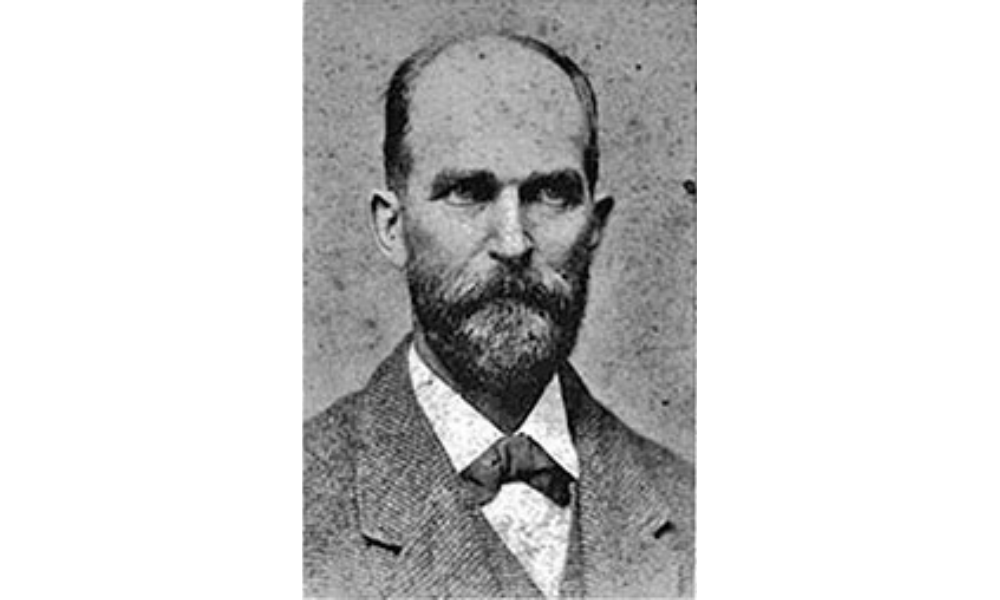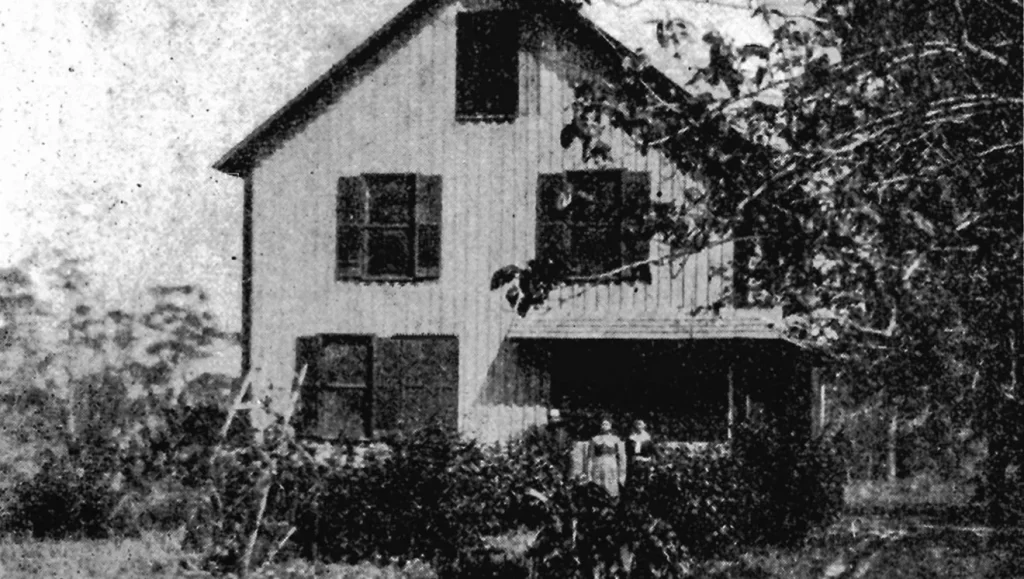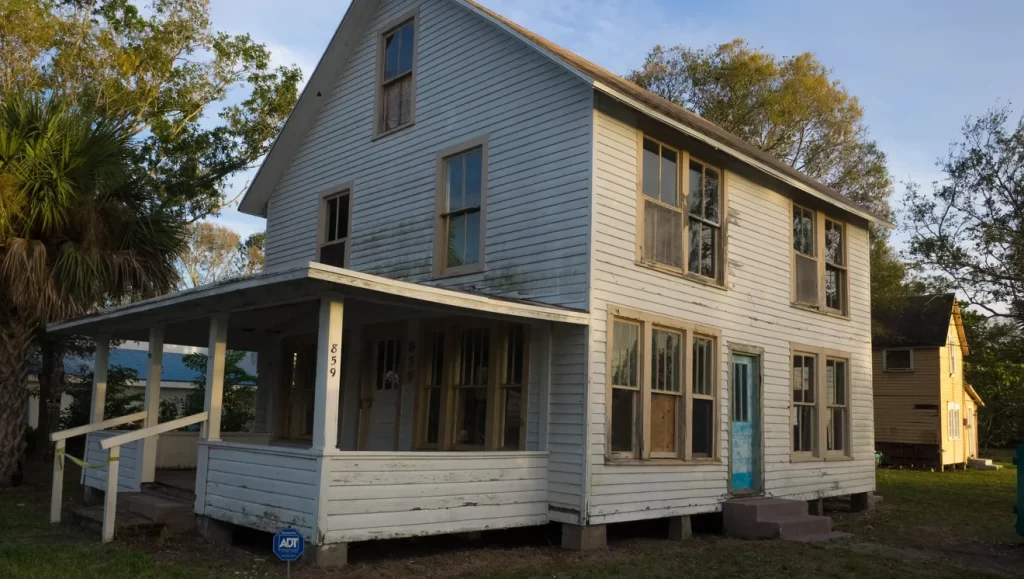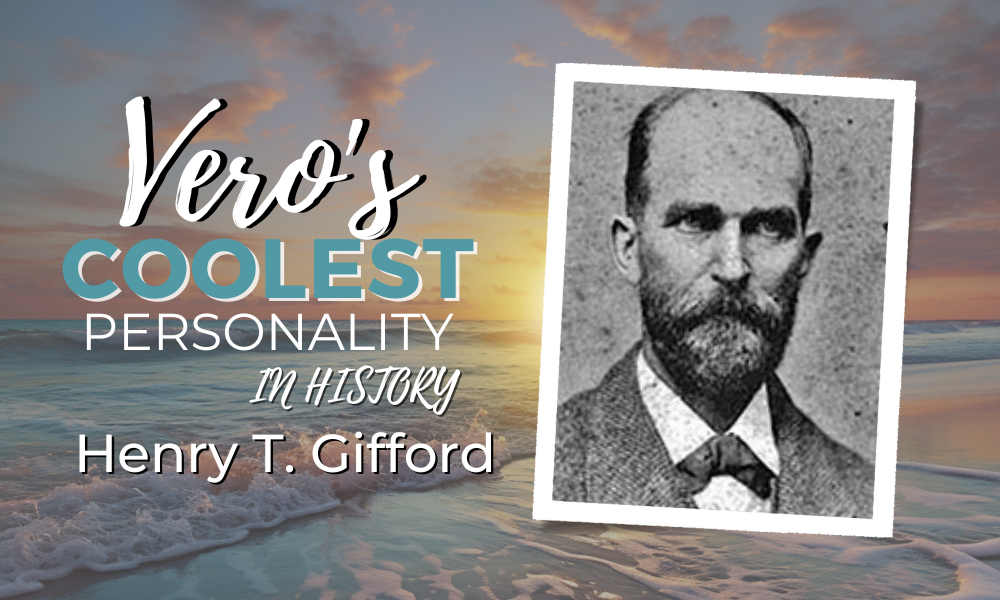
The story of Henry T. Gifford is a tale of resilience, pioneering spirit, and a quest for a healthier life that led to the founding of what is today known as Vero Beach, Florida. Like many seeking a fresh start in the late 19th century, Gifford’s journey from Vermont to Florida’s east coast culminated in the establishment of a community that thrived against all odds.
In 1887, seeking a respite for his health, Henry T. Gifford ventured to Florida, a land vastly different from his home in Vermont. His quest for a new beginning led him to explore various locations along Florida’s east coast, including Titusville, Fort Pierce, and what would eventually become Miami. However, it was the unnamed and mostly uninhabited area now known as Vero Beach that captured his heart. Gifford, accompanied by his family, made a bold decision to relocate, initiating their new life on the Indian River with a humble tent, soon to be replaced by a log cabin.
Henry T. Gifford was not just a settler; he was a visionary who saw the potential in the untamed land of Vero. He embarked on planting pineapples, contributed to the construction of Dixie Highway, and took the responsibility of lighting channel markers to navigate the Indian River at night. Recognizing the need for a postal service, in 1891, he established Vero’s first post office, serving as its inaugural postmaster. The name “Vero,” suggested by his wife Sarah, meaning “to speak the truth” in Latin, would forever mark the community with a legacy of integrity.
The Gifford family faced significant adversity, from the violent loss of their Vermont farm to the daunting 1,500-mile journey to their new home. The challenges continued upon their arrival in 1888, with the family having to navigate through swampy, insect-infested terrain. Yet, Henry’s resilience was evident as he replaced their initial cabin with a two-story frame house, laying a physical and symbolic foundation for the burgeoning town of Vero. This home not only served as a residence but became a central hub for the distribution of federal mail, further establishing Vero as a growing community.
--> Join the conversation in Vero Beach Foodie and 46,600 very active members right now! <--
--> Subscribe to our weekly email and discover all the local events and happenings around the town. Join 26,650 of your neighbors right now! <--
The legacy of Henry T. Gifford and his family is a testament to the pioneering spirit that characterizes many of America’s small towns. From a tent on the Indian River to a thriving community, Gifford’s determination and vision for a better life not only transformed a swath of Florida’s east coast but also established a lasting legacy that continues to define Vero Beach. Despite the subsequent years of neglect to their once-stately home, the foundational impact of the Gifford family remains a cornerstone of Vero Beach’s history, reminding us of the enduring power of resilience and vision in shaping our communities.


- Top 9 Used Car Detailers in Indian River County, Florida - May 21, 2025
- Riverside Theatre’s Calendar of Events - May 21, 2025
- Howl at The Moon - May 21, 2025

